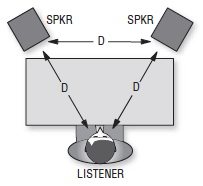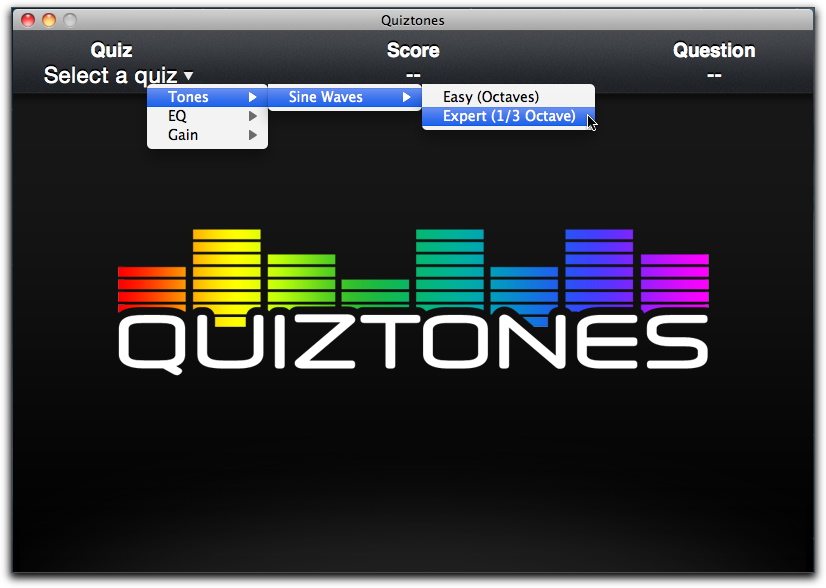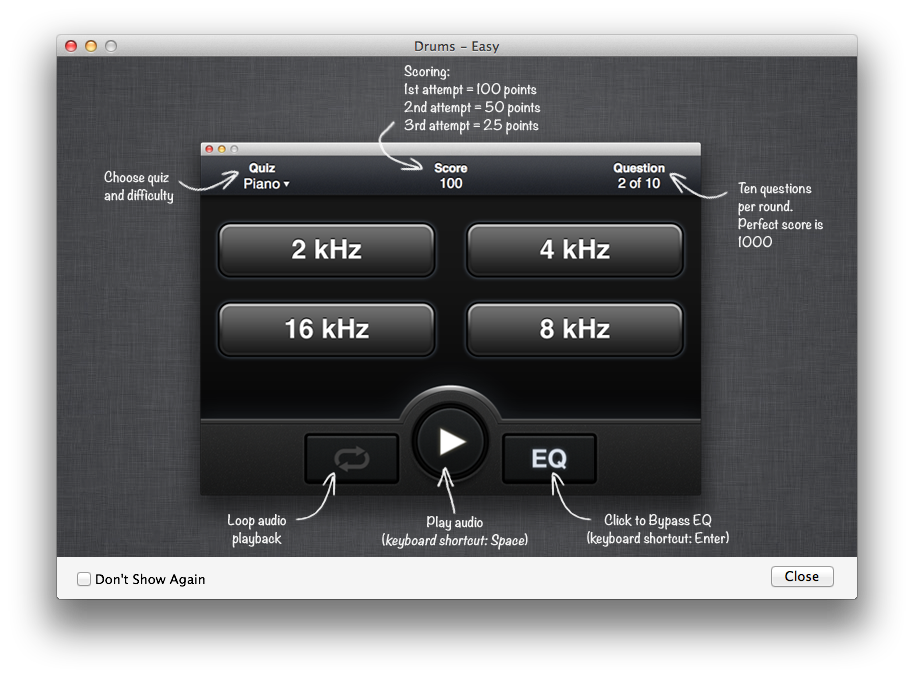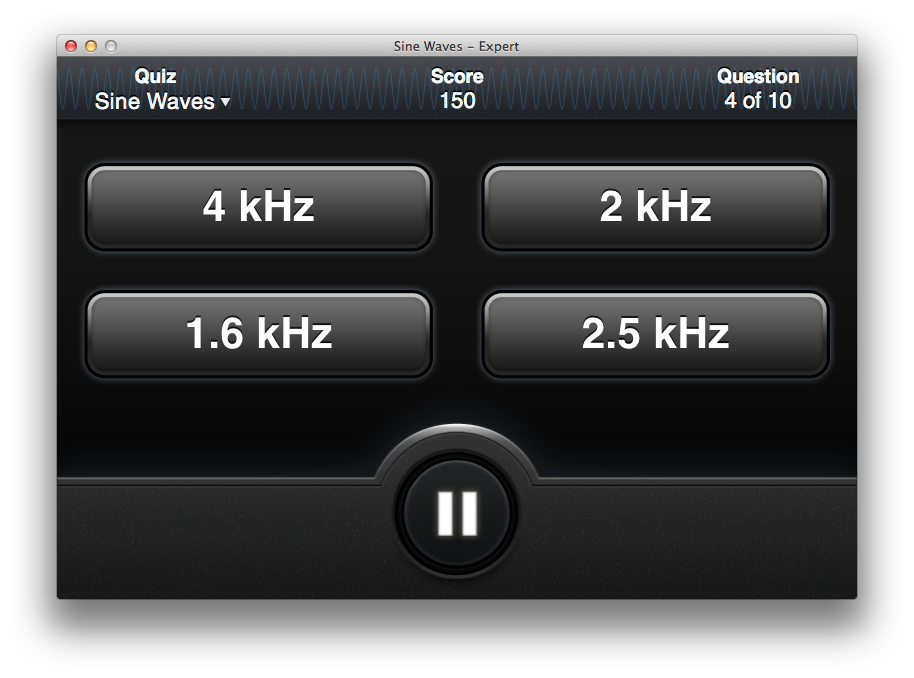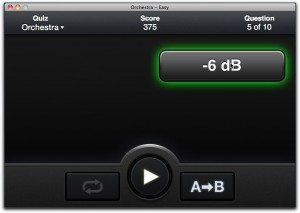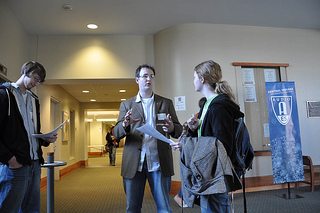There’s a great quote by the late Richard Hyser (one of the 20th century’s audio greats) which states “In order to fully enjoy the intended illusion of a recording, it is necessary to willingly suspend one’s belief in reality. All recording and reproduction via two loudspeakers is an illusion.” Every engineer working today can attest to the truth of that statement, whether they’re a long-seasoned pro or the greenest of the green.
We depend on what we hear, placing absolute trust in our monitoring chain, and we put painstaking effort into the creation of our recording environments. This is sage advice, so be certain to click through to AudioUndone.com for my complete article and several great tips from Bruce Bartlett and Jenny Bartlett in the just published Practical Recording Techniques, 6e.
Ensuring Proper Monitor Placement to Make the Best Use of Your Studio
on AudioUndone.com
Image via Flickr user jamesbarnes.
